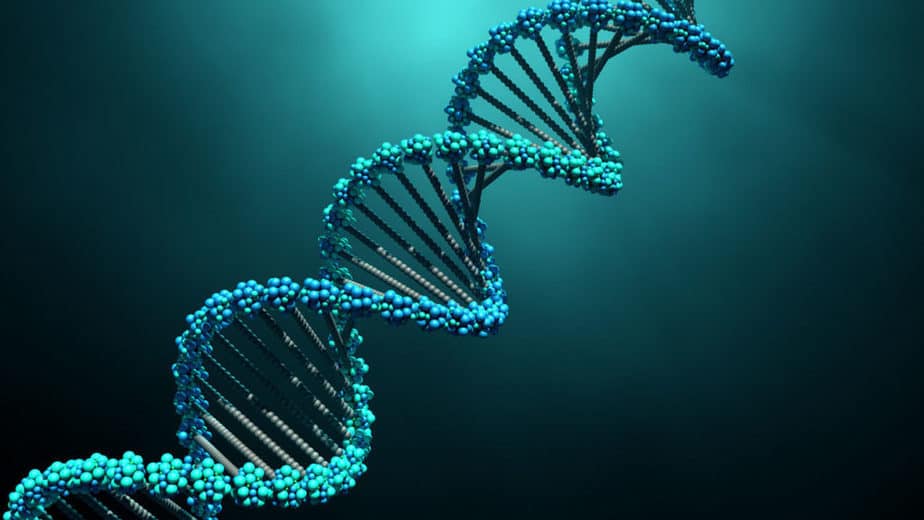Estimates of genetic correlation often presume that mating is random. In the actual world, however, couples prefer to pair up due to a variety of mutual interests and social systems. According to a recent UCLA-led study, many estimates of how strongly qualities and illnesses share genetic signals may be exaggerated since existing approaches for analysing genetic links across attributes fail to account for mating patterns. In recent years, scientists have worked to unravel the genetic links between features and illness risk using advanced genome sequencing technologies, believing that findings of common genetics might hint to answers for disease treatment. UCLA researchers, on the other hand, stated that their current study, published in Nov.
17 in Science warns against relying on genetic association estimates too extensively. They claim that such estimations are more influenced by non-biological elements than previously thought. Estimates of genetic correlation often presume that mating is random. In the actual world, however, couples prefer to pair up due to a variety of mutual interests and social systems.
As a result, several genetic relationships formerly attributed to common biology may instead be the product of faulty statistical assumptions. Previous estimates of genetic overlap between BMI and educational attainment, for example, are likely to represent this type of population structure, which is caused by “cross-trait assortative mating,” or how people with one characteristic seek to match with those with another trait.
The study’s authors believe that genetic correlation estimations should be scrutinised more closely since they have been used to forecast illness risk, glean indications for new medicines, guide diagnostic methods, and impact debates about human behaviour and social concerns. According to the authors, some in the scientific community have put too much importance on genetic correlation estimates based on the premise that because genes are unchangeable, studying them can overcome confounding circumstances.
“If you just look at two traits that are elevated in a group of people, you can’t conclude that they’re there for the same reason,” said lead author Richard Border, a postdoctoral researcher in statistical genetics at UCLA.
“But there’s been a kind of assumption that if you can track this back to genes, then you would have the causal story.” Researchers discovered that cross-trait assortative mating is substantially linked with genetic correlation estimates and may account for a “substantial” amount of genetic correlation estimations after analysing two large datasets of spouse attributes.
“Cross-trait assortative mating has affected all of our genomes and caused interesting correlations between DNA you inherit from your mother and DNA you inherit from your father across the whole genome,” said study co-author Noah Zaitlen, a professor of computational medicine and neurology at UCLA Health.
The researchers also looked at genetic correlation estimates for mental diseases, which have aroused dispute in the medical profession since they appear to demonstrate genetic ties between conditions that appear to have nothing in common, such as ADHD and schizophrenia.
The researchers discovered that genetic associations for a variety of unrelated characteristics might be explained by cross-trait assortative mating and poor diagnostic techniques. Their investigation, on the other hand, discovered greater associations for some pairings of features, such as anxiety disorders and serious depression, indicating that there is, at the very least, some common biology. “But even when there is a real signal there, we’re still suggesting that we’re overestimating the extent of that sharing,” Border said.





